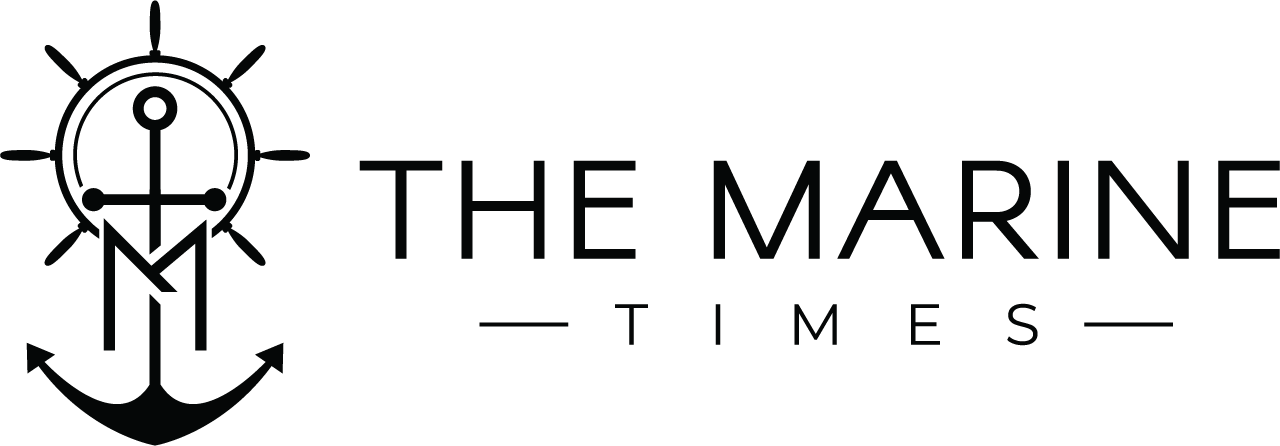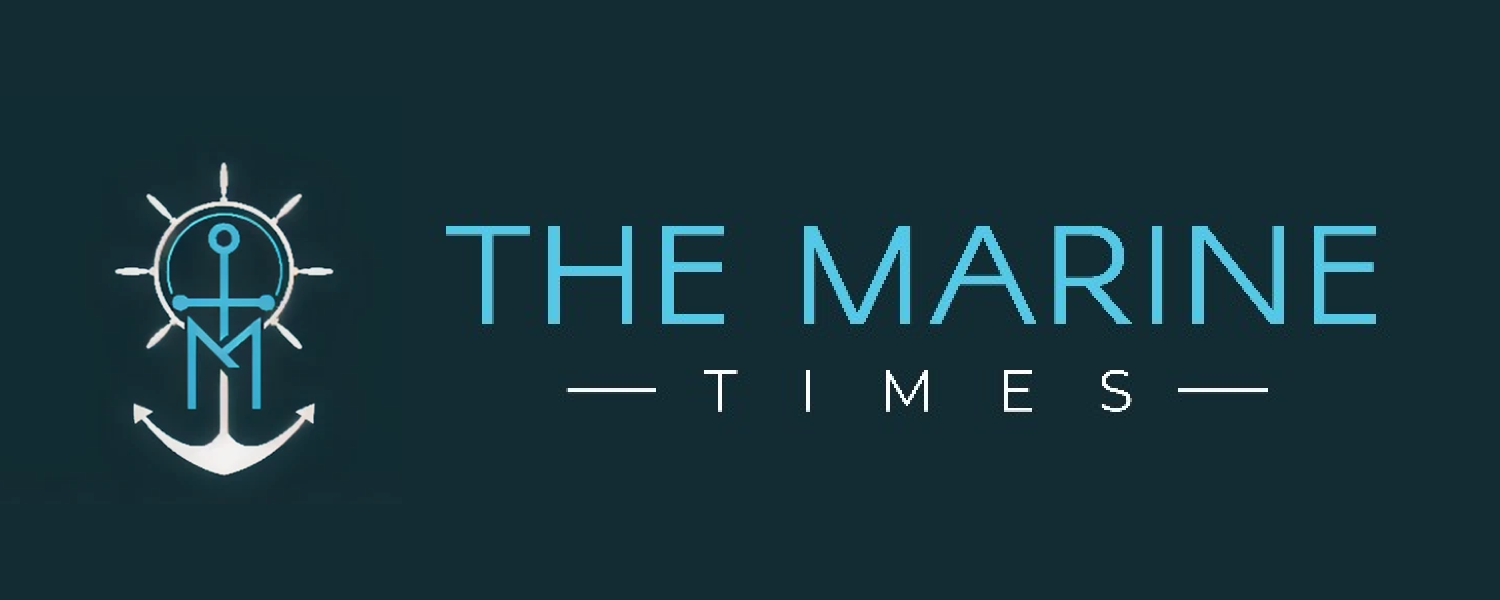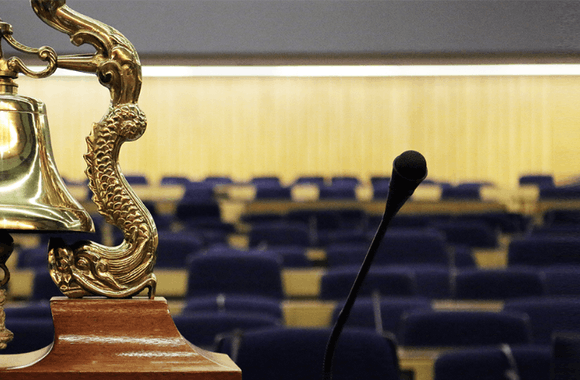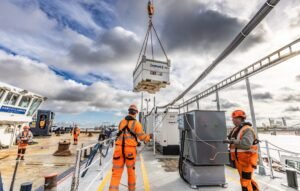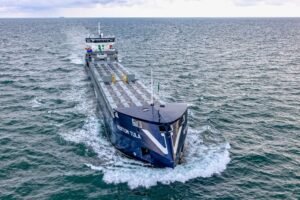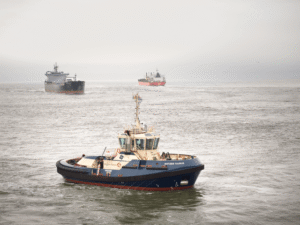The IMO has delayed adoption of its Net-Zero Framework (NZF) by a year after member states voted to adjourn discussions at an extraordinary session of the Marine Environment Protection Committee (MEPC ES.2).
The decision followed divisions among member states over the proposed global greenhouse gas pricing mechanism for international shipping.
A total of 57 countries, including the United States, Russia, Saudi Arabia, and the UAE, voted in favour of postponing the vote for 12 months. The motion was opposed by 49 countries, including most EU member states, the UK, Brazil, Australia, Canada, South Africa, and several Pacific Island nations. Twenty-one countries, among them Greece, Japan, and South Korea, abstained.
The United States and several oil-producing countries had argued that the proposed measures risked acting as a global carbon tax that could increase shipping and trade costs.
Supporters of the framework, including the EU and small island developing states, said the delay weakens international efforts to cut emissions and undermines investment in cleaner fuels.
Classification society Lloyd’s Register (LR) said the most effective and equitable path for the maritime industry’s energy transition remains a global, transparent policy under the IMO, which would help provide the consistency and confidence needed to drive investment and accelerate decarbonisation.
Further discussions on the issue are expected to continue at the Intersessional Working Group on Greenhouse Gases (ISWG-GHG 20) next week.
